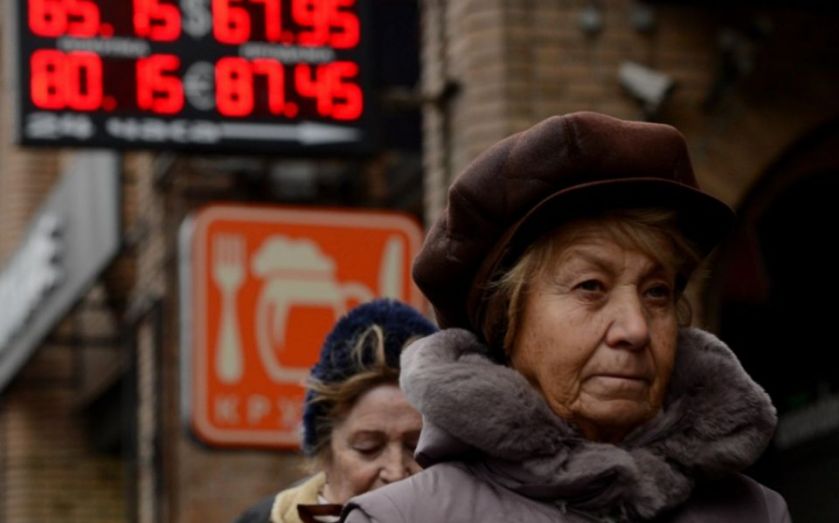IMF: “Complex forces” drive mature market growth, dampen emerging markets in 2015-2016

There are “complex forces” across the world that could lead to “uneven” growth over the next year, the IMF has warned.
Overall global growth is forecast at 3.5 per cent in 2015 and 3.8 per cent in 2016 – but beneath these top line figures there will be a huge variety.
The two biggest issues are the decline in the price of oil and exchange rate movements which will create “winners and losers”, according to the IMF's economic counsellor and director of research Olivier Blanchard.
Aging population, lower investment and sluggish advances in productivity will lead to “significantly lower potential growth, both in advanced and emerging market economies”, he added.
[infographic id="35"]
Advanced economies will lead the rebound in 2015/2016, with the decline in oil prices helping the likes of the US – projected to grow by more than three per cent over the year – particuarly when it comes to domestic demand. Moderate montery policy and fiscal adjustment is also expected to help spur growth.
The UK will nudge up from 2.6 per cent in 2014 to 2.7 per cent in 2015 – although the IMF forecasts this will drop back down to 2.3 per cent in 2016.
Meanwhile the Eurozone is showing signs of picking up, thanks to low oil price,s low interest rates and a competitive euro. The IMF estimates growth for the bloc at around 1.5-1.6 for the next two years.
Even Japan is expected to show improvements, from a decline of 0.1 per cent in 2014 to growth of one per cent.
Emerging markets however are expected to slow, with China dropping back yet again from 7.4 per cent in 2014 to 6.8 per cent in 2015 and 6.3 per cent in 2016, largely as a result of a cooling investment market, particularly real estate.
The best performing Bric nation is India, which will grow 7.5 per cent this year and next, up from 7.2 per cent last year.
Both Brazil and Russia – exposed to the falling commodities prices – will register falls, the IMF says, with the Latin American giant dropping one per cent in 2015, though recovering in 2016 when it hosts the Olympics. Russia meanwhile will decline 3.8 per cent in the current year and 1.1 per cent next year.